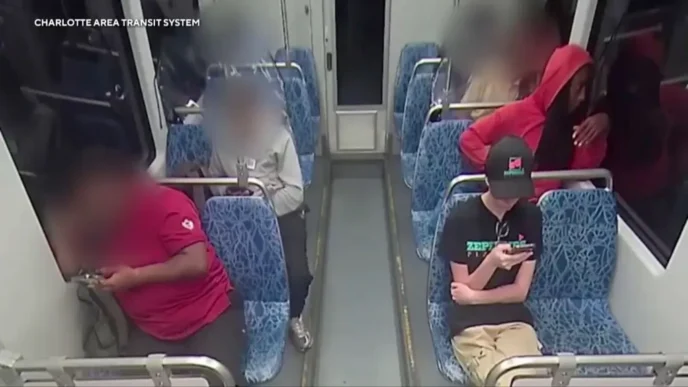Head Start centers across the United States are grappling with a significant reduction in federal funding this year, creating disruptions in services and closures of preschool classrooms for low-income children. Federal allocations for Head Start have decreased by nearly $1 billion compared to the same period last year, with only $1.6 billion distributed from January 1 through early October, as opposed to $2.55 billion during the same timeframe in the previous year. This shortfall has been analyzed by the office of Senator Patty Murray.
The insufficient funding has been attributed to delays by the Trump administration in disbursing the funds appropriated by Congress. Head Start serves more than half a million children from underprivileged backgrounds and relies heavily on federal support, operating through both private and public schools. This dependency was starkly highlighted when funding delays forced Head Start classrooms to close at Inspire Development Centers in Sunnyside, Washington, affecting over 400 children and leading to layoffs of more than 70 staff members. The center remains closed pending receipt of federal funds.
Earlier in the Trump administration, a temporary freeze on federal grants also affected Head Start facilities, leaving providers unable to access accounts and leading to the temporary closure of several centers. This disrupted child care services for low-income families, where missing work means losing pay. In addition, efforts to shrink the federal government have resulted in placing federal Head Start employees on leave and closing several regional offices. These closures have further slowed the funding process, with advocates warning of predictable disruptions.
Historically, Head Start has been supported across party lines since its inception as part of President Lyndon B. Johnson’s War on Poverty. However, some conservative viewpoints have criticized the program and proposed its elimination. Recent challenges highlight the ongoing debate regarding its funding and impact. Senator Patty Murray has expressed concern over the potential long-term effects, emphasizing that closures and job losses are adversely affecting communities reliant on these programs.
Community Impact
The funding delay for Head Start centers has immediate and far-reaching consequences for communities across the nation. Families reliant on these centers lose access to not only early childhood education but also to comprehensive services such as health checks, nutritional programs, and interventions for developmental issues. This gap in services is particularly concerning for vulnerable groups, including children with disabilities and those experiencing homelessness.
The closure of Head Start centers exacerbates existing inequities in access to quality education and support services. For working parents, the loss of reliable child care can result in decreased income and increased financial strain, as they struggle to find alternative arrangements. Communities also face the ripple effects of job losses among educators and support staff, impacting local economies and reducing support networks for families in need.
Furthermore, the delay in federal funding underscores the critical nature of timely financial support for essential services. As policymakers debate the future of Head Start, the immediate challenges faced by families and communities highlight the urgency of ensuring consistent and adequate funding to sustain these vital programs. The ongoing issues serve as a reminder of the broader societal impacts of administrative decisions on federally funded programs.












